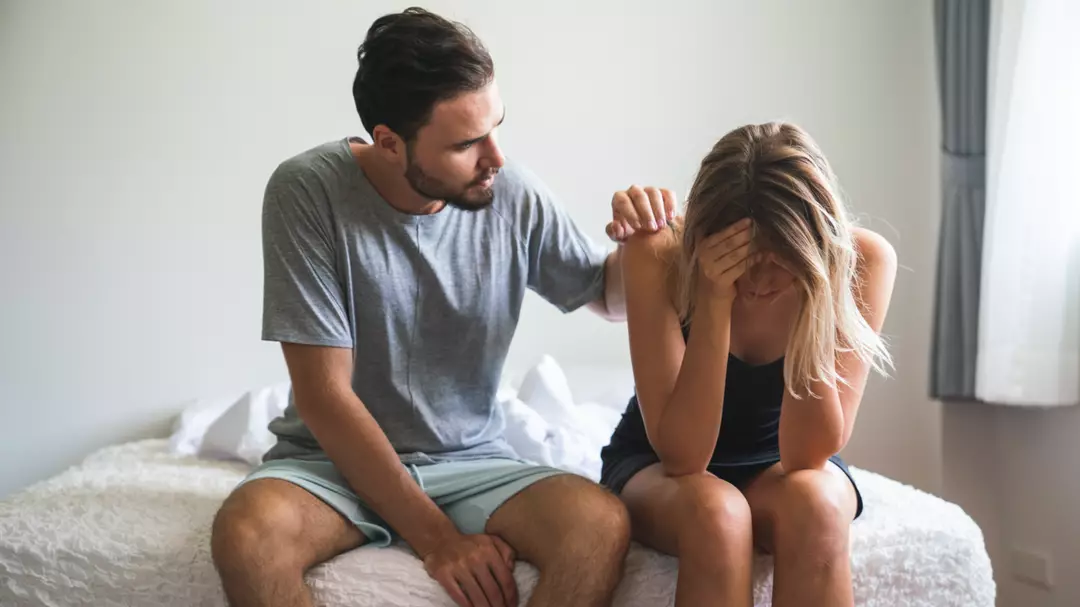Modern relationships are encountering a new challenge known as ‘phubbing’. This phenomenon is unique to our current era due to the pervasive presence of smartphones.
Our phones have become almost indispensable, serving as a tool for staying connected with those around us – from family and friends to online acquaintances. However, this connectivity can also create a barrier in relationships, introducing the concept of phubbing.
Phubbing occurs when someone is inadvertently neglected in favor of a phone, intruding on everyday interactions.
Consider this scenario: you’re having dinner with your partner and decide to quickly check the time on your phone. Before long, you find yourself scrolling through Instagram, leaving your partner vying for your attention against your device.
This trend of phubbing is unfortunately growing, leading many individuals to feel overlooked in their relationships.
It’s important to note that this behavior isn’t limited to romantic partnerships; parents can also inadvertently phub their children.

Experts have cautioned about the detrimental emotional effects phubbing can have on relationships. To address this issue, Dr. Claire Hart, an Associate Professor of Psychology at the University of Southampton, co-authored a study involving 196 participants, examining the correlation between relationship satisfaction and phone use.
The findings indicated that the more individuals felt they were being phubbed, the lower the quality of their relationships.
Dr. Hart explained: “We know that everyone finds phubbing frustrating and annoying. It might seem trivial, but in relationships, these small moments can mount up, creating a sense that your partner’s attention is elsewhere and that you’re less valued.”
She advises: “Creating phone-free zones at mealtimes or before bed and discussing phone boundaries openly can help both partners feel respected.
“If you must check your phone, acknowledge the interruption, explain why and return your attention quickly.
“Simply put, put down your phone to pick up your relationship.”

Dr. Kaitlyn Regehr, an Associate Professor at University College London, suggested during BBC’s Woman’s Hour that when you use your phone, you should inform the other person of the reason and, once finished, put it away and re-engage.
Though it might seem straightforward, Dr. Regehr emphasizes that vocalizing your actions — such as saying ‘I need to check my train times’ or ‘I’m replying to my mum’ — helps break the habitual phone-checking cycle. This transparency reassures the other person of their importance, preventing feelings of neglect. “It stops the other person feeling ignored”, as Dr. Regehr explains.

